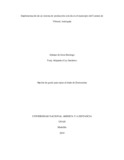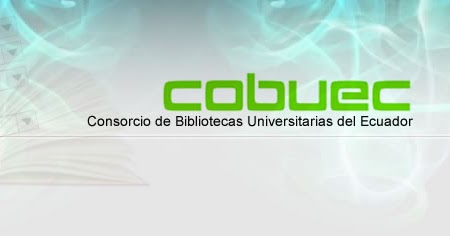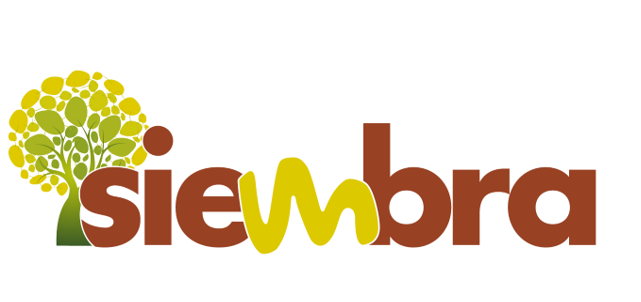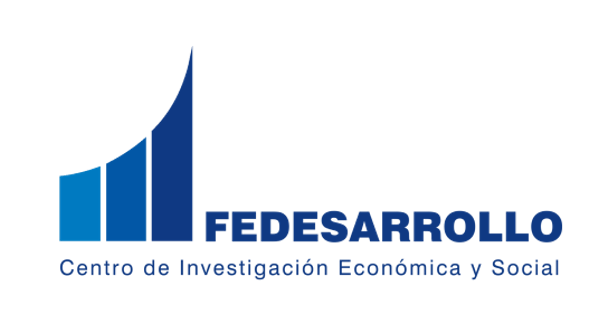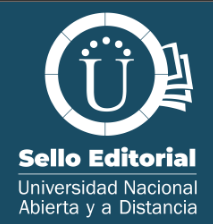Mostrar el registro sencillo del ítem
Implementación de un sistema de producción avícola en el municipio del Carme de Viboral, Antioquia.
| dc.contributor.advisor | Posada Barrera, Laura Patricia | |
| dc.coverage.spatial | cead_-_medellín | |
| dc.creator | Buitrago, Aldruar de Jesús | |
| dc.creator | Coy Gutiérrez, Yudy Alejandra | |
| dc.date.accessioned | 2020-10-26T15:22:54Z | |
| dc.date.available | 2020-10-26T15:22:54Z | |
| dc.date.created | 2019-11-30 | |
| dc.identifier.uri | https://repository.unad.edu.co/handle/10596/37252 | |
| dc.description.abstract | La industria avícola ha venido evolucionando de manera favorable en los últimos años y vislumbra un excelente desempeño en materia económica lo que ha permitido consolidarse dentro de la estructura actual de la economía agropecuaria colombiana. El crecimiento de la producción avícola en el país ha sido sostenido y permanente en los últimos cinco años. Eso significa que los colombianos cada vez consumen más huevo por su aporte nutritivo, su excelente calidad y bajo precio. Gracias al crecimiento de la población y a las necesidades de alimento de origen animal, el huevo tomó importancia debido a que es un ingrediente habitual en la alimentación del hombre. El huevo se caracteriza por su alta densidad nutritiva, una excelente relación calidad – precio y es un ingrediente básico y versátil a nivel alimenticio. De acuerdo al estudio de mercado y segmentación del mismo; se estima la demanda y la oferta del huevo en el municipio del Carmen de Viboral. En base a la información recolectada de acuerdo a las muestras objetivo (tenderos, minoristas, etc.) y tabulación de la información suministrada se analizan los resultados obtenidos y se concluye que es viable económicamente la implementación de un proyecto avícola en la zona, por tanto, se identificó la oportunidad de implementar un sistema de producción avícola con aves de postura de la raza Lohmann Brown (Gallus domesticus) y por ende lograr satisfacer la demanda de los mercados identificados llevando al consumidor final un producto de excelente calidad en términos cuantitativos y cualitativos. El desarrollo del proyecto avícola se implementará siguiendo los estándares de calidad para la producción de huevos para consumo, así como el bienestar animal, bienestar del personal de operación, entre otros, los cuales se rigen de acuerdo a la normatividad vigente. Se tendrán en cuenta las normas de bioseguridad a fin de evitar la entrada y/o salida de agentes infecciosos al plantel avícola, finalmente se debe evaluar el desempeño en el ámbito empresarial, técnico, ambiental y social. | |
| dc.format | ||
| dc.title | Implementación de un sistema de producción avícola en el municipio del Carme de Viboral, Antioquia. | |
| dc.type | Proyecto aplicado | |
| dc.subject.keywords | Avicultura, Parámetros, Producción, Etapas, Sanidad, Medio Ambiente, calidad, mercado, productividad, costo beneficio. | |
| dc.description.abstractenglish | The poultry industry has been evolving favorably in recent years and it sees an excellent economic performance, which has allowed it to consolidate within the current structure of the Colombian agricultural economy. The growth of poultry production in the country has been sustained and permanent in the last five years. That means that Colombians are consuming more and more eggs for their nutritional contribution, their excellent quality and low price. Thanks to population growth and the need for food of animal origin, the egg became important because it is a common ingredient in human nutrition. The egg is characterized by its high nutritional density, an excellent quality-price ratio and is a basic and versatile ingredient at the nutritional level. According to the market study and its segmentation; the demand and supply of eggs in the municipality of Carmen de Viboral are estimated. Based on the information collected according to the target samples (shopkeepers, retailers, etc.) and tabulation of the information provided, the results obtained are analyzed and it is concluded that the implementation of a poultry project in the area is economically viable, therefore , the opportunity was identified to implement a poultry production system with laying birds of the Lohmann Brown breed (Gallus domesticus) and therefore to satisfy the demand of the identified markets, bringing to the final consumer a product of excellent quality in quantitative and qualitative terms . The development of the poultry project will be implemented following the quality standards for the production of eggs for consumption, as well as animal welfare, the welfare of operating personnel, among others, which are governed according to current regulations. The biosecurity norms will be taken into account in order to avoid the entry and / or exit of infectious agents to the poultry plant, finally the performance in the business, technical, environmental and social fields must be evaluated. | |
| dc.subject.category | Agronomía, Veterinaria y Afines |
Ficheros en el ítem
Este ítem aparece en la(s) siguiente(s) colección(ones)
-
Zootecnia [278]

